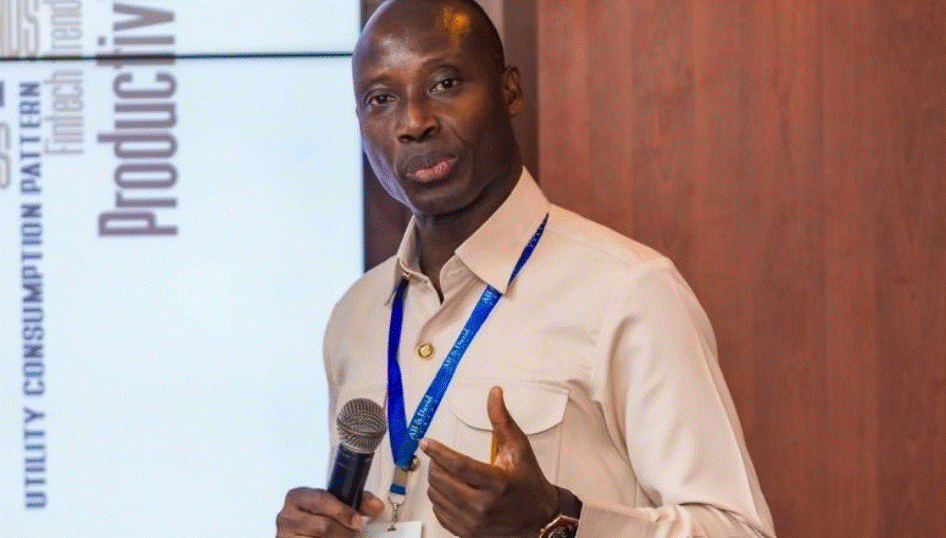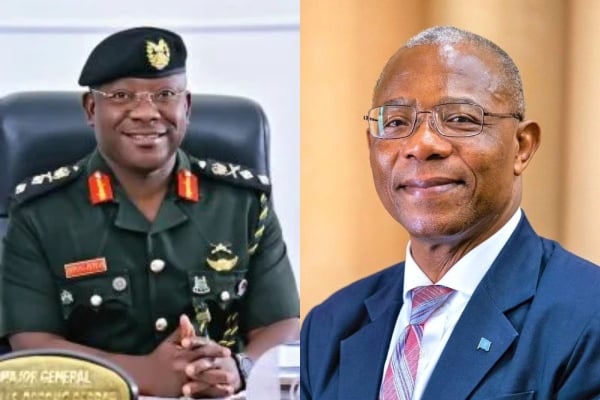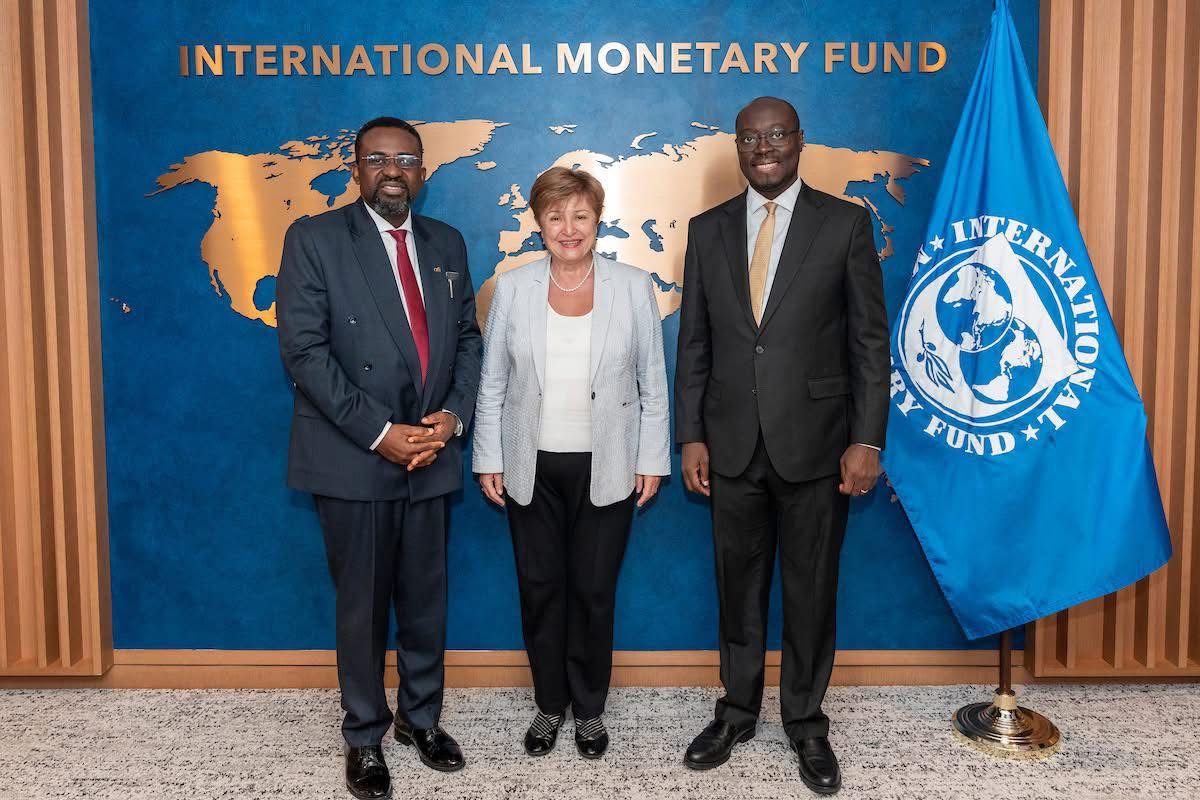
Your Excellency,
Ghana’s foreign policy under your leadership has advanced key priorities, including youth mobility and strategic partnerships. Recent steps, such as the reversal of U.S. visa restrictions on September 26, restoring five-year multiple-entry visas, the September 2025 awarding of diplomatic passports to distinguished Ghanaians like Ibrahim Mahama, Wode Maya, Rocky Dawuni, Anita Erskine, and Dentaa further honours those elevating our nation globally. These initiatives build momentum for practical gains in education, labour, and consular services. More grease to your elbows.
I will like to use this medium to draw attention to one important foreign policy issue that has not received the necessary attention over the years. Ghana’s full ratification and implementation of the 1961 Hague Apostille Convention.
As a non-party, our citizens face cumbersome document authentication for 127 member states—primarily in Europe—via notarization, Judicial Service certification, Ministry attestation, and foreign embassy legalization. This delays and inflates costs for students, jobseekers, and professionals pursuing opportunities abroad as well as exposes them to unscrupulous and corrupt intermediaries and officials.
For young Ghanaians, an Apostille system means a single stamp replaces this chain, slashing fees and wait times. It would expedite university applications, labour permits under bilateral schemes (e.g., with Serbia and Europe), and diploma recognition—directly supporting your youth empowerment focus, including expanded scholarships and the Diaspora Summit 2025.
This aligns with your reforms: enhancing consular efficiency, mission infrastructure via the STRIDE Initiative, and economic diplomacy. A swift Apostille process would reduce barriers in labour mobility agreements, boost trust in Ghanaian credentials, and signal bureaucratic modernization—complementing high-profile wins like U.S. visa restoration.
Your Excellency, I respectfully urge that Ghana finalises all steps necessary so that we can be fully accepted as a member state. The next steps should include, finalizing accession by depositing the instrument with The Hague, designating a competent authority, issuing regulations, and launching awareness campaigns. This reform, which may seem small, will no doubt yield outsized impact for thousands seeking global paths you’ve helped unlock.
Thank you for your service. May this appeal advance Ghana’s outward vision, turning policy into seamless opportunity.
With respect, A Concerned Citizen
Aboagye Mintah ([email protected])
The post Open letter to the Minister for Foreign Affairs & Regional Integration appeared first on The Business & Financial Times.
Read Full Story



















Facebook
Twitter
Pinterest
Instagram
Google+
YouTube
LinkedIn
RSS